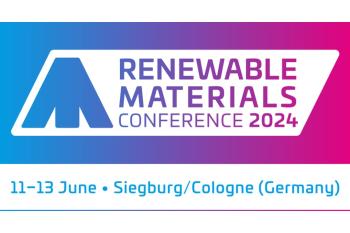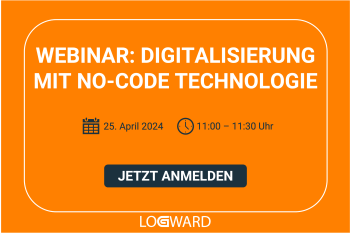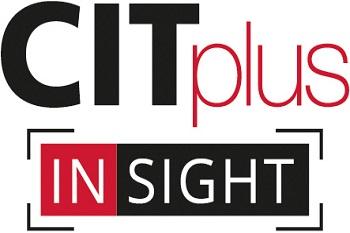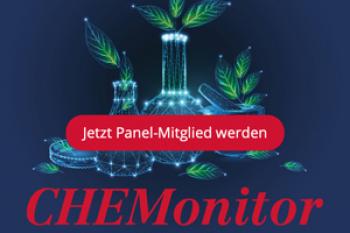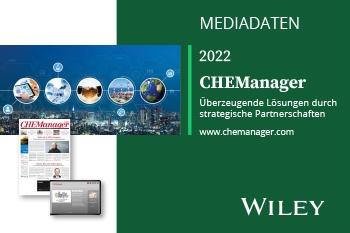Digitization in All Business Areas
Exyte: Engineering and Technology for Controlled and Regulated Markets
Reorientation and tradition, transformation and experience, concentration and competence: How does a company manage change in times of digital transformation? M+W, a German engineering company founded in 1912, was renamed in 2018 into the Exyte Group. The company designs, develops and builds high-tech factories and equipment with special expertise in controlled and regulated manufacturing environments. Volker Oestreich spoke with François Abiven, CEO of the Life Sciences & Chemicals Global Business Unit at Exyte.
CHEManager: Mr. Abiven, the history of Exyte is long and quite eventful. How did it come about that your company has now repositioned itself with a new name?
Francois Abiven: You are right, Exyte's (former M+W) track record goes back over 100 years and the company is now a global leader in the design, engineering and construction of controlled and regulated high-tech facilities.
Last year, Exyte has refocused its business, focusing on three strategic business segments — semiconductor, life sciences & chemicals and data center — in order to continue to profit from the vast growth potential in its target markets. A new brand name was therefore the logical next step in our strategic development. With "Exyte" we have chosen a name that reflects both, our strategy and our growth ambitions as well as our unparalleled experience and engineering excellence as cleanroom technology pioneers.
How do your customers benefit from the reorganization?
F. Abiven: While our heritage remains an important part of our identity, we must always be looking ahead. For us, Life Sciences & Chemicals is a strategic business segment where we focus on Pharmaceuticals & Biotechnology and Food & Nutrition. Our customers enjoy working with us, because we deliver high-quality turnkey solutions for their most important investments on time and on budget all over the world.
In the framework of our reorganization, we have established a matrix management structure focused on three strategic business segments and three core regions: Life Science & Chemicals, Advanced Technology Facilities and Data Center in the European, American and Asian markets. This structure allows us to better transfer our knowledge about the needs of our existing customers and suppliers. It also makes us more agile and allows us to enter and lead the way in new business areas, such as personalized medicine.
The experience and customer relations of long-standing employees are of great importance for a technology company like Exyte. How do you assess the recent personnel upheavals in your company from this point of view?
F. Abiven: Since 2017, Exyte has undertaken several steps to reorganize and refocus its strategy to fast growing markets. The realignment had an impact on our internal structure, but it also offered the opportunity to bring new talents and experienced managers and employees into our company and to tackle the future under the new focus with them. In order to drive our growth successfully and retain our market leading position, we constantly look out for talent in all the regions we operate in — particularly in the countries Germany, Austria, Switzerland, in the USA as well as in China and Singapore. In addition, it is our aim to retain experienced and qualified managers and employees for the long term.
Equipment productivity, product quality and short time-to-market are important competitive factors in the process industry. What role do plant management and a seamless flow of information play in the context of digitization and IIoT?
F. Abiven: Both, plant management and a seamless flow of information are extremely important criteria for success. While automation in mass production is well advanced, it is now important to network the processes and improve efficiency in production through analysis and the smart use of data. The industry must use more and more cyber-physical production processes. Networking and machine learning are the prerequisites for the autonomous control of more and more areas of production in the future.
Digitization in all business areas from administration to the steering and executing of projects is one of the key elements of our strategic program. Its main objective is to optimize project delivery and to ensure a future-proven design and engineering process. Our key focus in this field lies on automation, collaboration and cybersecurity with regard to existing industry standards. Acting according to the highest standards in these fields will allow us to meet the needs of our customers in the long term.
Global macro trends, such as the Internet of Things, Artificial Intelligence and Industry 4.0, particularly with respect to the semiconductor, food & nutrition and consumer care markets, are significant drivers of our growth.
Modular plant concepts will play an important role in the future, especially in life sciences and chemicals. How does Exyte support these approaches so that, in addition to the technical process interconnection, an efficient and manufacturer-independent coupling of the automation can also be realized?
F. Abiven: Modular plant concepts in Pharma have been around since about 30 years, but have remained in a niche due to some significant shortcomings. Our offering will be smoothly adaptable to the different needs, applications and local regulations. With this advanced approach, we expect to shorten the time-to-market by 50 %.
Our vision goes further: We plan to offer transportable boxes, i.e. product and service from a single source, and our engineers are already working on design concepts of the next decade that provide seamless Plug & Play automation, continuous manufacturing and other advanced technologies.
Especially in the regulated industries, GMP requirements and specifications from authorities such as the FDA require a great deal of effort and expertise. How can you support your customers in these areas?
F. Abiven: We combine expertise and experience in plant engineering and process engineering with GMP-compliant automation and an IT environment that ensures data integrity within the plant and throughout the entire value chain. Based on our long-standing history in cleanroom technology and our excellence in cleanroom engineering, we profit from an in-depth understanding of the regulatory frameworks in all relevant regions and industries and can support our clients with subject-matter experts in all industry-relevant topics.
We are the one and only general contractor with an integrated delivering model. This gives us the unique position to serve our clients from a regulatory point of view by leveraging our regional centers of expertise, manufacturing capabilities, self-performing units and our global network of highly experienced experts.
Digitization, Big Data and the IIoT promise more flexibility and efficiency — but only if you use the collected data sensibly and are resistant to cyber threats. Does that spoil the fun on the road to industry 4.0?
F. Abiven: Security of data is a key challenge of our time and certainly a matter of preparation. Based on our long-term experience we are much engaged in the cyber security of complex assets and networked systems that have to meet the specific needs of different and regulated industries.
The spectrum of cyber security solutions we offer covers the entire life cycle of a factory or plant, their automation and production data systems. Our services include IT security consulting for operator requirements and the implementation of information security management systems for IT and production.
As far as it regards cyber, we must engage with technology to continue to refine practical cyber security policies and processes.
Kontakt
Exyte Central Europa GmbH
Löwentorbogen 9b
70376 Stuttgart
Deutschland


